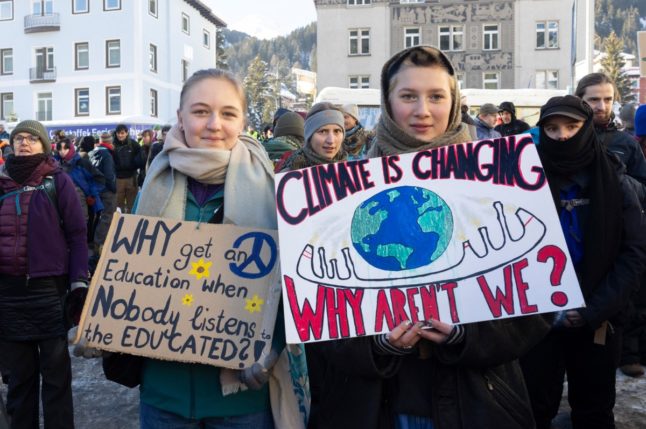The incident occurred following a quarrel in an apartment building in Affoltern on Saturday night.
Neighbour Roland Steiner told the Blick newspaper he heard several gun shot wounds and saw through the peephole in his door a blonde woman flee down the stairs.
Steiner entered the apartment and saw the Brazilian, identified as Luis C., on his back with no clothes on.
"Luis was lying naked in the hallway in his blood,” Steiner said.
“He wheezed, was badly hit on the chest, loin and thigh. "
Steiner called police and ambulance services but attempts to resuscitate the victim failed.
The woman was subsequently arrested in her car after she had thrown away the gun, police said.
The Brazilian was described in media reports as a “gentle giant” who had many girlfriends.
Weighing 120 kilograms and 190 centimetres tall, he was an amateur kick boxer and fitness trainer in his spare time, according to reports.
While some described him as a teddy bear, one woman, Angela Vasapollo, 23, called him a rogue.
“The girlfriends changed as often as the weather,” Vasapollo told Blick, adding that police had been at the man’s apartment before.
Police continue to investigate the case.


 Please whitelist us to continue reading.
Please whitelist us to continue reading.
Member comments